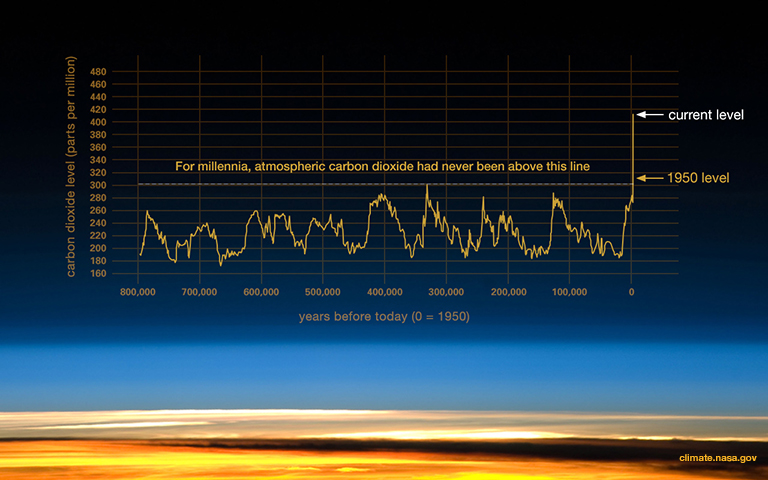It is easier to talk about the 150 billion lost this year to climate change but what often gets lost is the human cost, it is estimated that 3,500 may have died in the disasters brought on by how we have changed our climate. Yet the displacement of 135 million people likely caused even more deaths. This is only the tip of the iceberg, as the world health organization estimates 4.2 million people meet an early death from the air pollution that is driving climate change.
While the world is battling COVID, which to date has caused 1.8 million deaths, we are focused less on what is by far a more dangerous enemy. Climate change is still on an upward trajectory and what is most frightening is what we are experiencing today was caused 10 to 20 years ago. There is a time lag between the release of pollution and the impact on our climate. So if we bent the curve today, which is virtually we still have 10 to 20 years of increasingly violent climate change.
While COVID is a real existential problem Climate Change is an even greater threat. What this really means is we are struggling to ensure the survival of the human species, and at the moment we are losing this battle. Our current level of deaths from climate change is the result of what we did last century, not what we have done this century, that impact is yet to come. COVID itself is related to our out of control population, another contributor to Climate Change.
When you hear increases in the building of container ships, airplanes, pipelines, the continued mining of coal and fossil fuel exploration it just seems like suicidal behaviour or madness. Experts tell us that we need to keep 80% of our fossil fuel reserves in the ground, instead, we are continually expanding our dependence and use of fossil fuels. The airline industry in 2018 accounted for 2.4% of our CO2 emissions but by 2050 the industry will grow by 300%, and in addition to the CO2 these planes deposit nitric oxide and nitrogen dioxide into the upper atmosphere with even a greater impact on climate change. The shipping industry which burns extremely toxic bunker fuel account for 18-30 percent of the nitrogen oxide and 9% of the sulphur oxides (sulphur creates acid rain). These ships at the moment account for 4% of the carbon dioxide in the air but again this industry is on a steep upward trend. Keep in mind both these industries also have significant impacts on water and ocean pollution. |
| https://www.oecd.org/greengrowth/greening-transport/41380820.pdf |
 |
| https://below2c.org/2020/12/canada-falling-far-short-on-climate-policy-emissions-reduction-and-energy-transition/ |
Sources:
- https://www.theguardian.com/australia-news/2020/dec/28/climate-change-fuelling-costly-and-deadly-natural-disasters-report?CMP=Share_iOSApp_Other
- https://www.who.int/teams/environment-climate-change-and-health/air-quality-and-health/ambient-air-pollution
- https://www.worldometers.info/coronavirus/
- https://climate.nasa.gov/climate_resources/24/graphic-the-relentless-rise-of-carbon-dioxide/
- https://earth.org/data_visualization/the-time-lag-of-climate-change/
- https://unfccc.int/news/most-fossil-fuels-must-stay-in-the-ground-new-studyhttps://en.wikipedia.org/wiki/Environmental_impact_of_aviation
- https://en.wikipedia.org/wiki/Environmental_impact_of_shipping
- https://below2c.org/2020/12/canada-falling-far-short-on-climate-policy-emissions-reduction-and-energy-transition/

No comments:
Post a Comment